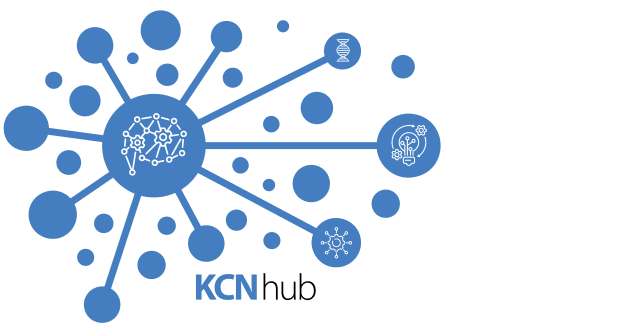Internal KCN: Intracranial neurofeedback of hippocampal theta oscillations enhances human memory formation
While hippocampal theta oscillations (3–8 Hz) have long been hypothesized to underlie memory formation, causal evidence in humans is limited. Neurofeedback is a technique that allows individuals to volitionally control their brain state by receiving task feedback based on their online neural activity. This approach uniquely enables the causal manipulation of brain states, tightly constrained by task demands. Thus, to test if causally increasing or decreasing hippocampal theta power benefited or diminished memory formation, we employed neurofeedback in individuals with epilepsy undergoing intracranial electroencephalographic (iEEG) recordings. The task involved object classification during the encoding, where subjects made one of two judgments about an object image following a color cue. Neurofeedback was controlled via the brightness of the color cue, and it was performed before the presentation of each object image until theta power reached a threshold, which triggered the presentation of the object image. Theta power used for neurofeedback was estimated after accounting for aperiodic components. Our findings revealed a significant increase in associative memory hit rate for up-regulated vs. down-regulated trials for patients who received neurofeedback to the posterior hippocampus. To our knowledge, this provides the first evidence of hippocampal theta neurofeedback modulating associative memory formation, providing casual evidence for its role in human memory.
